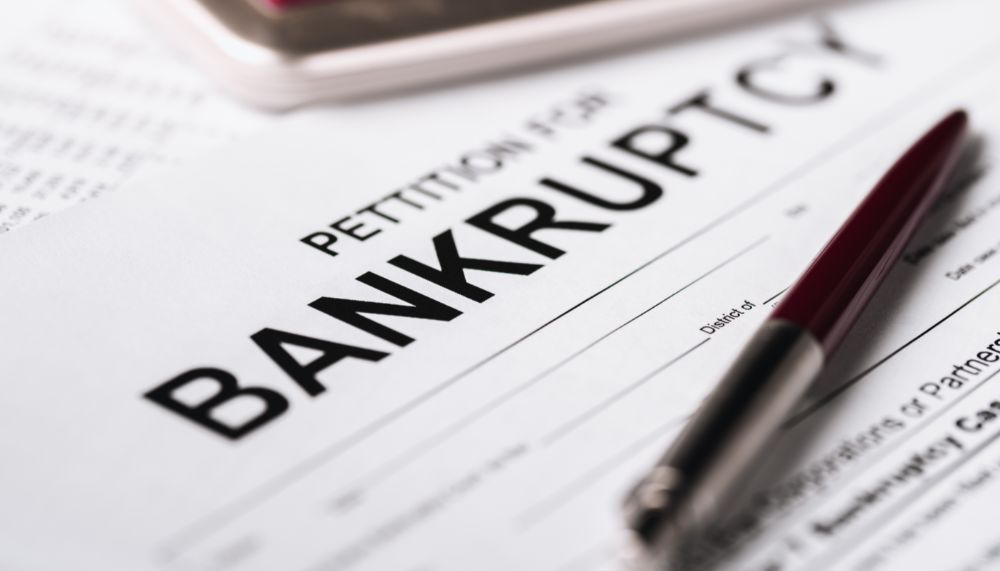If you are struggling with financial trouble, you might be wondering if filing for bankruptcy can help you start fresh. Before determining whether you qualify for bankruptcy in Texas, it is important to understand that there are various options available if you decide bankruptcy is the best course. In Texas and the United States as a whole, individuals usually file for either Chapter 7 or Chapter 13 bankruptcy. Depending on your financial circumstances, such as your income, the types of debt you owe, and the number of assets you own, there are reasons to file for one type over the other.

Chapter 7 bankruptcy is also called liquidation. It is often the choice for those who have significant debt but minimal assets. In this filing, your nonexempt assets are sold to pay as much of your debts as possible before the remainder of your qualified debts are discharged (erased). Some assets are exempt in Texas, meaning you can keep some of your assets in certain cases, such as your home, jewelry, and disability income, to name a few. After filing for Chapter 7 bankruptcy, creditors must stop attempting debt collection, which can be a big relief itself if you’ve been dealing with multiple creditors contacting you daily.
Successfully filing for Chapter 7 bankruptcy can relieve you of most of your unsecured debts. This consists of medical bills, overdue utility bills, personal loans, and credit card debt. If you have debts that are attached to an asset (known as “secured debt”), such as a car loan or mortgage, you could have the option to keep your car or home and catch up on payments. It is important to understand filing for bankruptcy won’t erase all your debts. Typically, you will still be responsible for any tax debt, alimony, student loans, child support, personal injury debt due to a DUI, court proceeding debt, and HOA fees you owe.
Certain income requirements are necessary to file for a Chapter 7 filing. This is determined through the completion of the Chapter 7 means test. This test uses your household income and compares it to the median income for a household comparable to your size in Texas. If your annual income falls below the Texas median income for a household of your size, you could automatically qualify to file for Chapter 7 bankruptcy.
Even if you are not below the median income, you may be able to qualify for a Chapter 7 filing if you pass the second portion of the means test. In the second portion of the calculation, your typical monthly expenses are determined, as well as your remaining disposable income. If your living expenses are too high compared with your income to allow for debt repayment, you’ll still be able to file for Chapter 7 bankruptcy. A lawyer experienced in bankruptcy law can explain the means test in more detail and help you determine whether you could qualify for Chapter 7 filing given your income, expenses, and debt.
For those who have a high income or a significant amount of assets, filing for Chapter 13 bankruptcy is usually the best option. When you file for Chapter 13 bankruptcy, you have the option to keep your assets by reorganizing your debt and following a payment plan for up to five years to pay back some of what you owe. The monthly payment amount depends on the types of debt you owe, your earnings, and the assets and property you own.
You will be left with very little disposable income throughout your repayment plan, as any income above monthly expenses must go toward your repayment. When the repayment term is complete, the remaining debt that was part of your established bankruptcy plan is erased, and you have a financially clean slate to move forward with.
The most common debts that are discharged after a Chapter 13 bankruptcy filing include credit card debt, medical bills, personal loans, some older tax debt, and negligence or breach-of-contract debt. Chapter 13 filing also allows for the discharge of some other debts that are not covered in Chapter 7 filings. This could include property damage debt, certain divorce property settlement debts, government fines, liens, and some other unusual debts. An attorney can look at your financial situation and help you determine which specific debts could be discharged if a Chapter 13 filing.
Passing the means test, which is required in Chapter 7 filings, is not required for those seeking a Chapter 13 bankruptcy filing. Requirements for Chapter 13 bankruptcy are more straightforward. You must have unsecured debts totaling less than $394,725 and secured debt of less than $1,184,200 to qualify for Chapter 13 filing. These numbers are accurate as of May 2022, but they are adjusted over time to reflect fluctuations in the consumer price index. An experienced attorney can provide you with the most up-to-date figures and help you determine if filing Chapter 13 bankruptcy is a good option for you. In addition to having debts below those thresholds, you must also prove you have a regular income that you can use to make plan payments.
Determining whether you qualify to file for Chapter 7 or Chapter 13 bankruptcy can be confusing. Obtaining support from an experienced professional can save stress, as well as time and money when you are considering filing. A lawyer can look at your case individually, considering the types and amount of your debts compared to your assets and income, and help you determine which type of filing, if any, is most appropriate for you. At Steele Law Firm, we specialize in Texas bankruptcy law, and we are ready to help you understand your options. Contact our bankruptcy attorneys to get answers to your questions and help you navigate the filing process to start your journey toward a better financial future.




